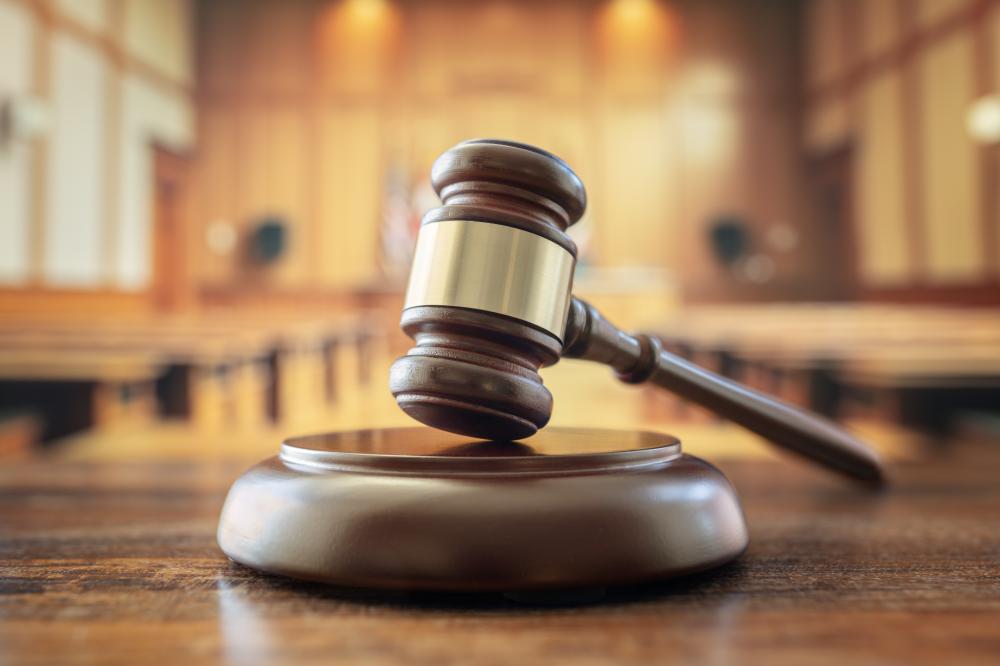The district court correctly held that California’s social media law, AB-2273 likely violates the First Amendment “by attempting to control the information that can be provided to persons under 18,” said the Computer & Communications Industry Association’s amicus brief Tuesday (docket 23-2969) in support of appellee NetChoice and the injunction it won that bars California Attorney General Rob Bonta (D) from enforcing AB-2273 (see 2312140003).
NetChoice hailed Monday’s decision by U.S. District Judge Algenon Marbley for Southern Ohio in Columbus granting NetChoice’s motion for a preliminary injunction that on constitutional grounds blocks Ohio Attorney General Dave Yost (R) from enforcing the state’s Parental Notification by Social Media Operators Act. The judge previously granted NetChoice a temporary restraining order against the statute a week before it was to take effect Jan. 15 (see 2401090062).
California’s Age-Appropriate Design Code Act, AB-2273, “is one of the most expansive efforts to censor online speech since the inception of the internet,” said NetChoice’s response brief Wednesday (docket 23-2969) in the 9th U.S. Circuit Appeals Court in the appeal of California Attorney General Rob Bonta (D) to reverse the preliminary injunction that blocks him from enforcing the statute (see 2312140003).
NetChoice lacks standing to bring its complaint challenging the constitutionality of Ohio’s Social Media Parental Notification Act on First Amendment grounds, and it hasn’t “been deprived of any federal or state constitutional or statutory rights,” as a result of the statute, said Ohio Attorney General Dave Yost’s (R) answer Wednesday in U.S. District Court for Southern Ohio in Columbus. NetChoice won a temporary restraining order Jan. 9 that blocked Yost from enforcing the statute when it took effect Jan. 15, and it now seeks a preliminary injunction (see 2401090062). “The challenged law is supported by substantial and compelling state interests,” and it meets “constitutional scrutiny,” said Yost’s answer. The AG reserves the right to supplement his answer with additional defenses, including affirmative defenses, “as litigation in this matter proceeds,” it said. Having “fully answered” NetChoice’s complaint, Yost asks that the court dismiss NetChoice’s claims with prejudice, that NetChoice be awarded no relief, and that NetChoice pay court costs and reasonable attorneys’ fees, the answer said.
The Center for Renewing America views HB-20, the Texas social media law, “as an important step in preserving free speech in America,” aid the group's U.S. Supreme Court amicus brief Thursday (docket 22-555) in support of the statute and Texas Attorney General Ken Paxton (R). The center’s founder, Russ Vought, was OMB director under President Donald Trump.
U.S. District Judge David Barlow for Utah in Salt Lake City vacated the court’s Feb. 12 hearing on NetChoice’s motion for a preliminary injunction to block Utah from enforcing the state’s Social Media Regulation Act (see 2312230004), said his docket text order Monday (docket 2:23-cv-00911). The order cited the statute’s delayed implementation date of Oct. 1 from March 1 and the possibility it will be “altered during Utah's legislative session.” The judge also struck the current briefing schedule and ordered the parties to meet and confer and to file a joint notice by March 15 proposing an updated briefing schedule. Friday's motion from state Attorney General Sean Reyes (R) said the legislature was likely to “repeal and replace” the law during the current legislative session, obviating the need for “emergency disfavored relief when there is no emergency or immediate threat of harm.” NetChoice’s opposition Monday said the statute “is still the law” and it’s still “set to take effect,” so NetChoice “still needs preliminary injunctive relief on behalf of its members.”
U.S. Solicitor General Elizabeth Prelogar seeks leave to participate as an amicus in oral argument at the U.S. Supreme Court on behalf of NetChoice and the Computer & Communications Industry Association in their challenges to the Florida and Texas social media content moderation laws, said Prelogar’s separate motions Monday (dockets 22-277 and 22-555).
NetChoice hasn't alleged a “cognizable" First Amendment injury to its members that could establish its "associational standing,” said Ohio Attorney General Dave Yost (R) in a memorandum Friday (docket 2:24-cv-00047) in U.S. District Court for Southern Ohio in Columbus opposing NetChoice’s motion for a preliminary injunction to block him from enforcing the state's Social Media Operators Act.
The idea that some types of social media use by some minors under certain conditions “can adversely affect some segment of this cohort is no basis for imposing state restrictions on all social media use by all minors,” said four Utah residents in a Jan. 12 complaint (docket 2:24-cv-00031) in U.S. District Court for Utah in Salt Lake City challenging the constitutionality of the Utah Social Media Regulation Act.
Internet platforms enjoy “enormous power over public discourse,” and Florida’s social media law, SB-7072, is “aimed at preventing the platforms from misusing that power,” said the Florida attorney general's U.S. Supreme Court brief Tuesday (docket 22-227) seeking to reverse the 11th Circuit's decision to facially invalidate SB-7072's neutrality and hosting provisions and its individualized-disclosure requirement.
